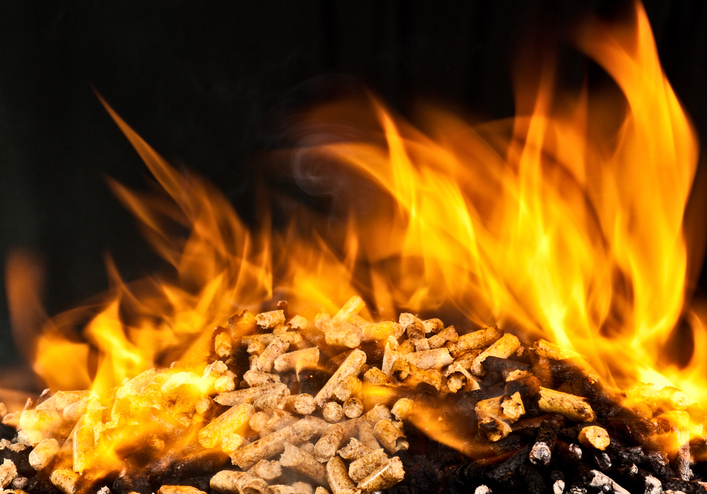Northern Ireland’s Department for the Economy (DfE) has had to issue apologies to a number of companies it mistakenly said had claimed considerably more from the botched RHI scheme than they had.
Following weeks of opposition from industry and a judgement from the High Court on the issue, DfE published a list of companies on 16 March that had received payments of more than £5,000 under the non-domestic RHI scheme from its start until 28 February 2017.
Within this list was a number of factual errors, with some company names being incorrect while others were said to have claimed for more biomass boilers than they had.
Stephens Catering Equipment was erroneously listed as having five boilers totalling £228,862.38 in claims when in fact the company claimed just £20,252.76 from one unit.
A number of claimants contacted the department on the same day to inform it of errors with the list, which was then taken down before a revised list with accompanying details of the errors was published on 28 March.
A statement from DfE said its original list “contained a small number of errors” which had now been rectified.
However the Renewable Heat Association of Northern Ireland (RHANI) released a statement of its own on the corrections.
Speaking to the Belfast Telegraph, the managing director of Stephens Catering Equipment Paul Caves said the mistake had caused reputational damage to the firm prior to the correction being made.
“I am happy they have corrected it and apologised and we can move on and hope that our reputation has not been too badly damaged. It has been a tough fortnight,” he said.
“We have had people question our integrity and our credibility.”
This was the original point had against publication of the list by the Renewable Heat Association of Northern Ireland (RHANI), which had previously won a short reprieve for some of its members after it brought a court case against the Northern Irish government.
In a statement released following the revised list’s publication, RHANI said: “Our members are disappointed and concerned by the errors made by the Department for the Economy when releasing the names of limited companies and other organisations who are participants in the Renewable Heat Incentive (RHI) scheme. These errors are a major cause for concern and they risk causing harm and distress to the companies and individuals involved.
“The errors of fact are significant…these critical failings in record keeping and reporting impact upon the credibility of all financial statistics presented by the Department,” the association added.
RHANI went on to claim that individuals in the department knew that the information was wrong before publication which in turn had proved to be “unsafe”.
Sinn Fein, currently in talks with the DUP to form a new power-sharing government following an election brought about by the failures of the RHI, said the latest error is a further example of poor management of the scheme by the party’s former partners in government.
Sinn Féin MLA Máirtín Ó Muilleoir said: “The revelation that the Department of the Economy has made yet another error in relation to the botched RHI scheme will come as no surprise. This is yet another example of the incompetence which has surrounded this scheme from its inception when cost controls were ripped out of it.”
Despite the setback, DfE is currently preparing a second list of to reveal the names of the individuals who are in receipt of payments of £5,000 while measures to curb the £490 million overspend in the RHI began on 1 April.
The RHI (Amendment) Regulations (Northern Ireland) 2017 was approved by the EU Commission and are intended to address the £28 million overspend expected over the next year. Payments for existing installations are to be lowered, which RHANI claims “will impact hardest” on those who made the vast capital investment switch to biomass boilers.
Other measures being taken by DfE to limit spending under the scheme include an eight month examination of all installations to ensure each is claiming within the rules and regulations of the RHI.






